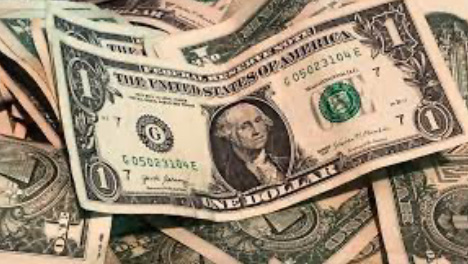If the US dollar were to lose its status as the world’s primary reserve currency, it would have significant economic and financial implications for the United States and the entire global economy.
The primary benefit of the US dollar’s status as the world’s reserve currency is that it allows the US government to borrow money at lower interest rates than it otherwise would or could. This is because other countries and investors are willing to buy US Treasury bonds, which are used to finance the US government’s budget deficits, due to the perceived stability and reliability of the US dollar. If the US dollar were to lose its reserve currency status, the demand for US Treasury bonds would likely decrease, which could lead to an increase in interest rates and borrowing costs for the US government.
Additionally, a shift away from the US dollar as the world’s reserve currency would likely lead to a decrease in the value of the dollar relative to other currencies. This could cause inflation and decrease the purchasing power of American consumers and businesses. This is a common reason those who advocate for reverting back to the gold standard as the backing would be in a tier 1 asset with universal value acceptance.
Moreover, if the US dollar were to lose its reserve currency status, it could lead to a shift in the balance of economic power away from the United States and towards other countries, such as China, which has been working to increase the use of the yuan in international trade and finance.
Finally, a shift away from the US dollar as the world’s reserve currency could have broader implications for the global financial system, potentially leading to increased volatility and uncertainty in financial markets and greater geopolitical tensions. Perhaps even war.
In summary, the loss of the US dollar’s status as the world’s primary reserve currency would have significant economic and financial consequences for the United States and the global economy. However, it is worth noting that the US dollar remains the dominant reserve currency, and it is likely to remain an important currency in international trade and finance for the foreseeable future.
